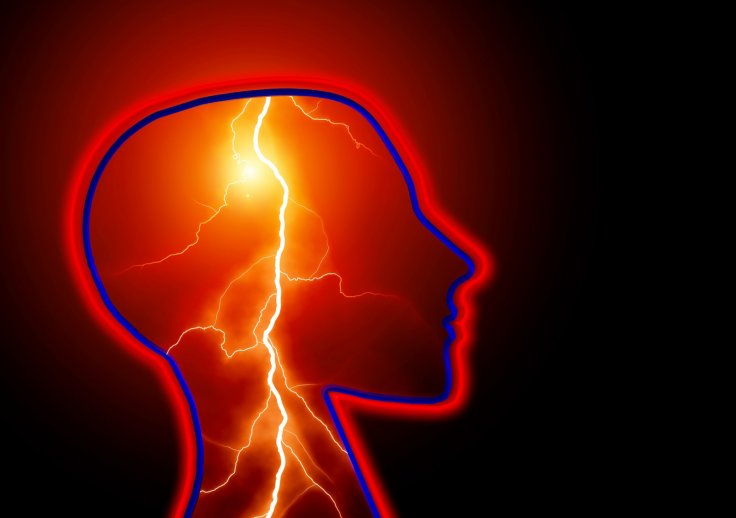
A new study has revealed that modern medical science is on the edge to predict seizures before it happens. The study conducted by a team of researchers at the FutureNeuro, the SFI Research Centre for Chronic and Rare Neurological Diseases, hosted at RCSI (Royal College of Surgeons in Ireland) has found a pattern of molecules that starts appearing in the blood before the seizure happens.
Experts believe that this new discovery could help patients suffering from epilepsy and it could help experts to take preventive measures before the onset of a seizure. During the study, researchers found that these molecules are basically fragments of transfer RNAs (tRNA), a chemical that plays a crucial role in building proteins within the cell.
These transfer RNAs used to shatter into fragments when the cells get stressed. Researchers found that higher levels of these fragments in the blood indicate that brain cells are under stress, which could result in a seizure episode soon. The study report revealed that tRNA level used to spike up in the blood many hours before the onset of a seizure.
"People with epilepsy often report that one of the most difficult aspects of living with the disease is never knowing when a seizure will occur. The results of this study are very promising. We hope that our tRNA research will be a key first step toward developing an early warning system," said Dr Marion Hogg, a FutureNeuro investigator and the lead author of the study in a recently issued statement.
David Henshall, the co-author of the study revealed that these new technologies will help to predict uncontrollable seizures among people with epilepsies.
A few weeks ago, a team of researchers at the University of California had revealed that a neurostimulator which works like the human brain's pacemaker is capable of treating tremors and seizures that are associated with neurological disorders like Parkinson's disease and epilepsy.
This study was published in the Journal of Clinical Investigation (JCI).









